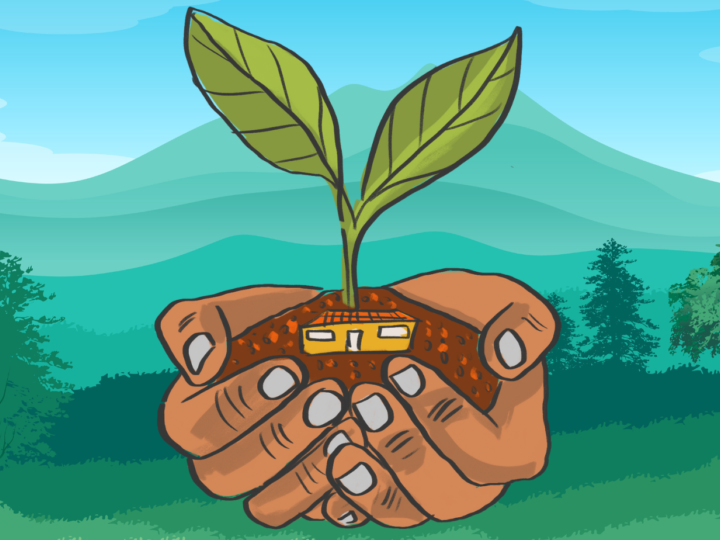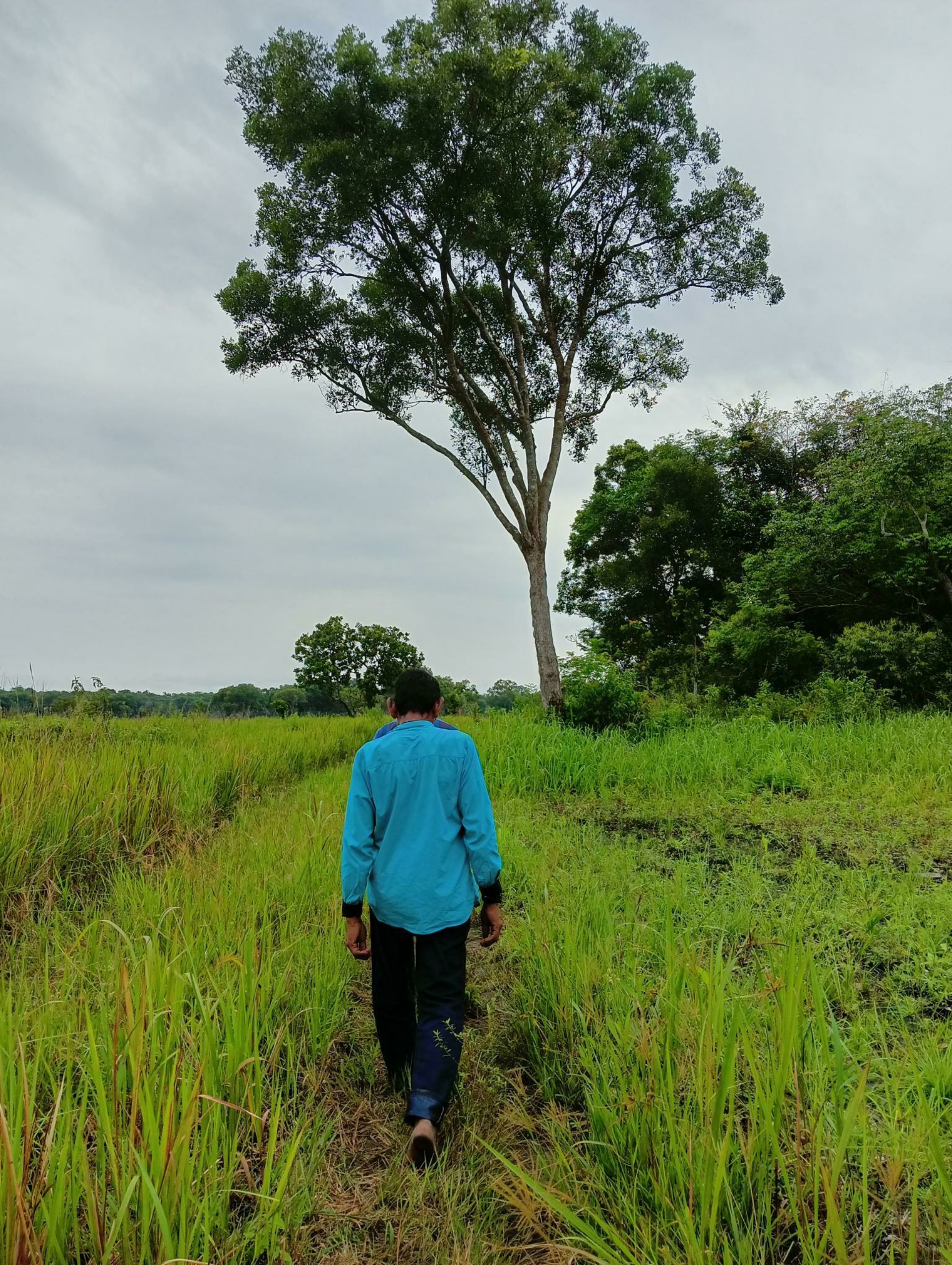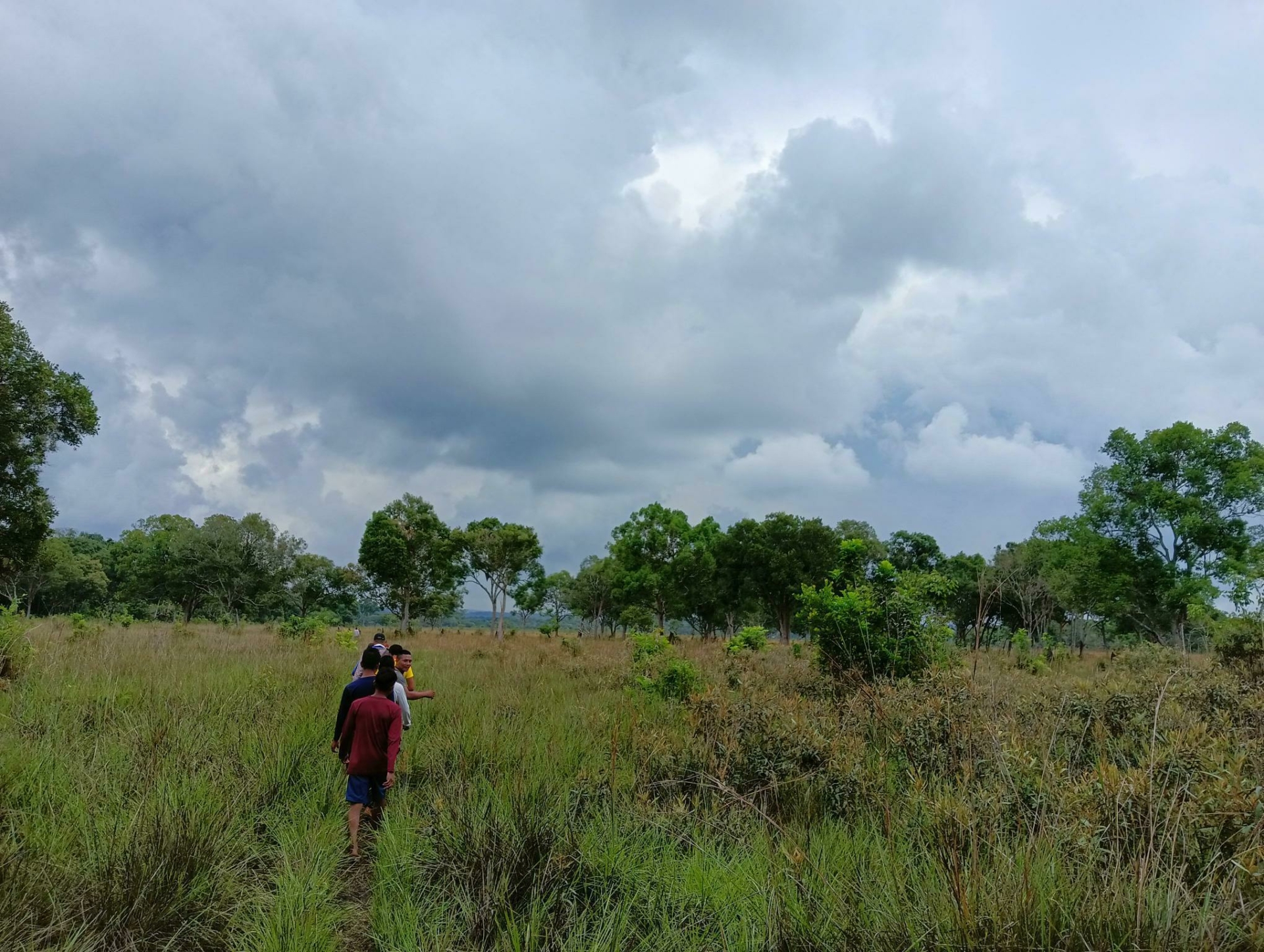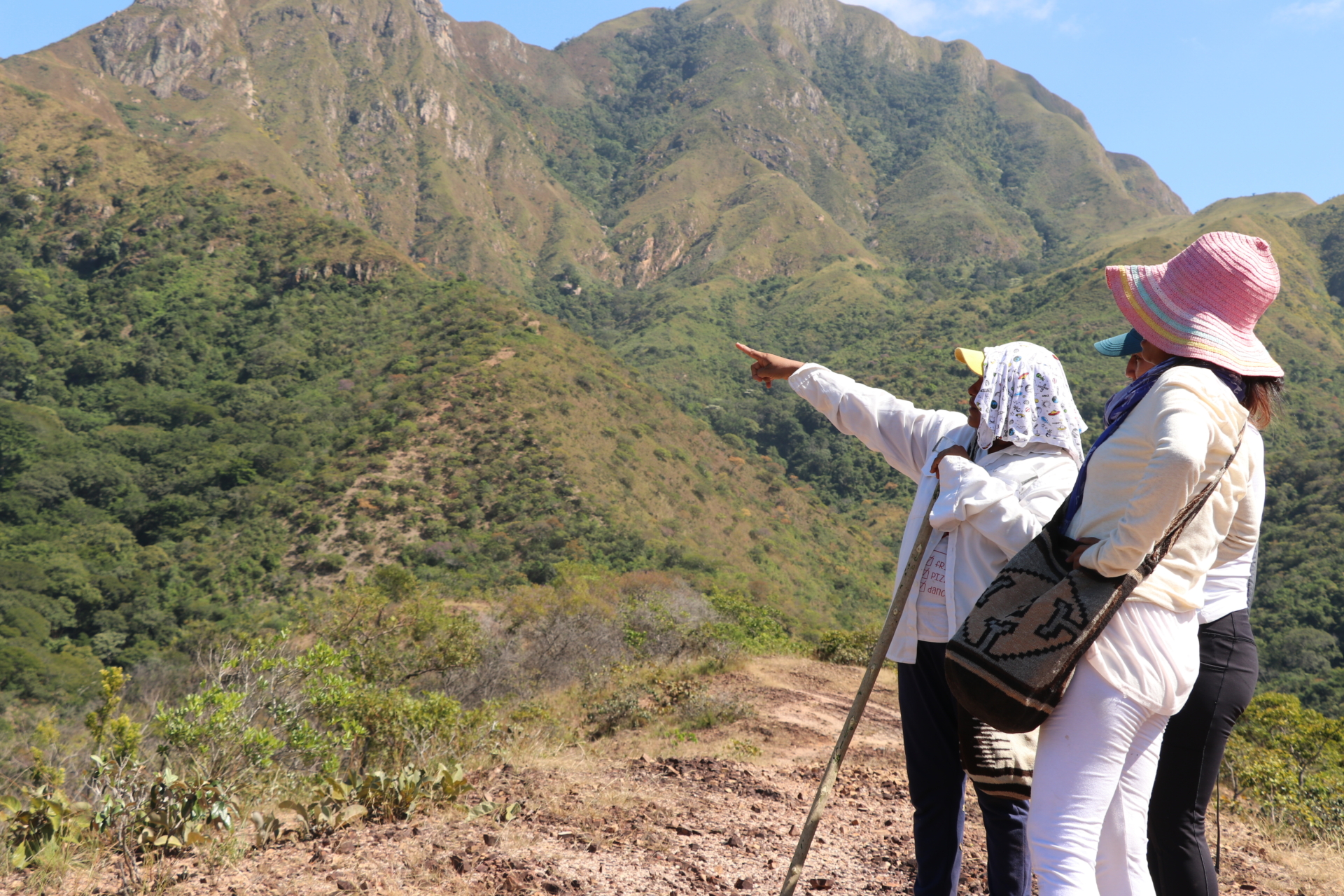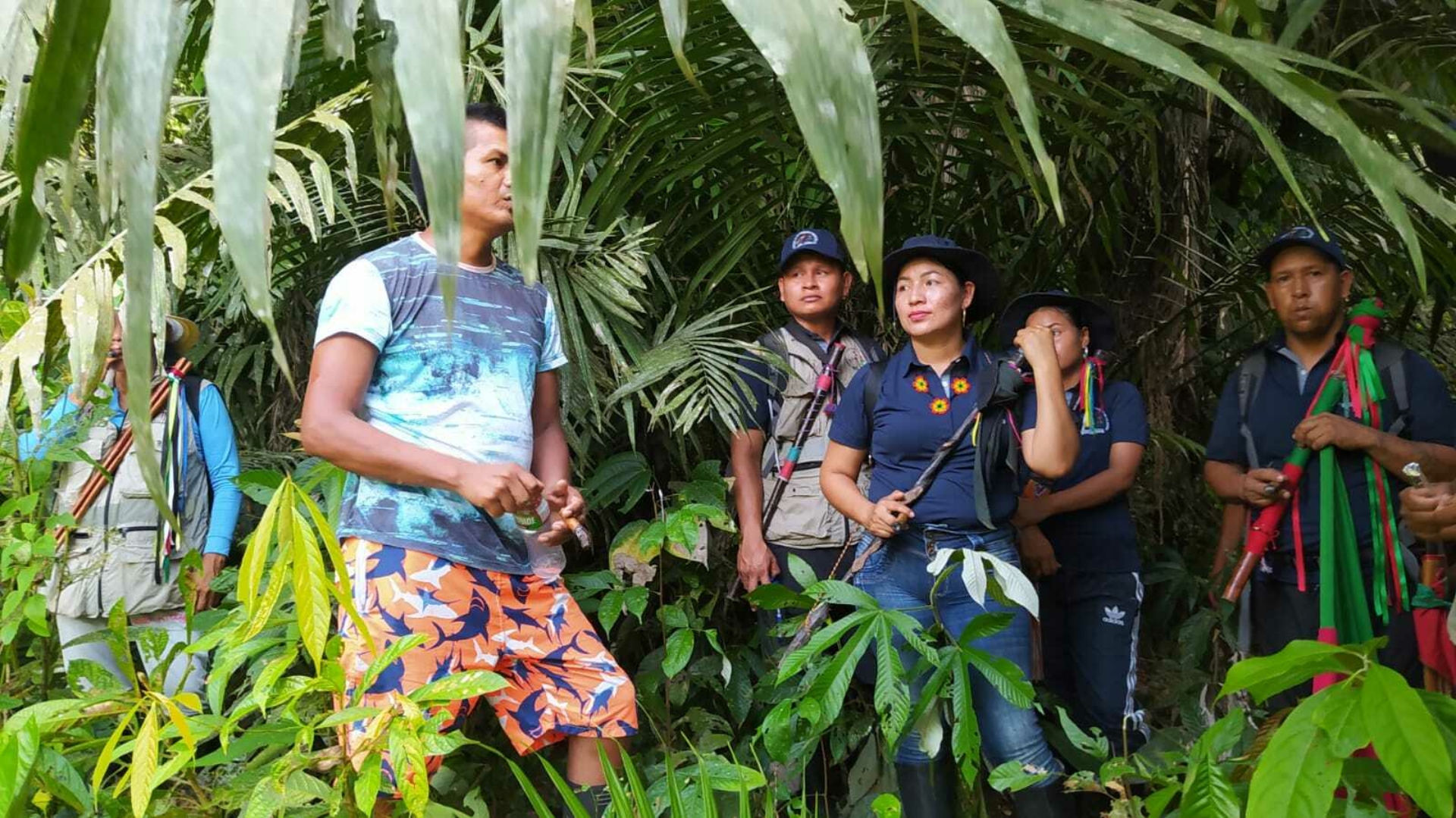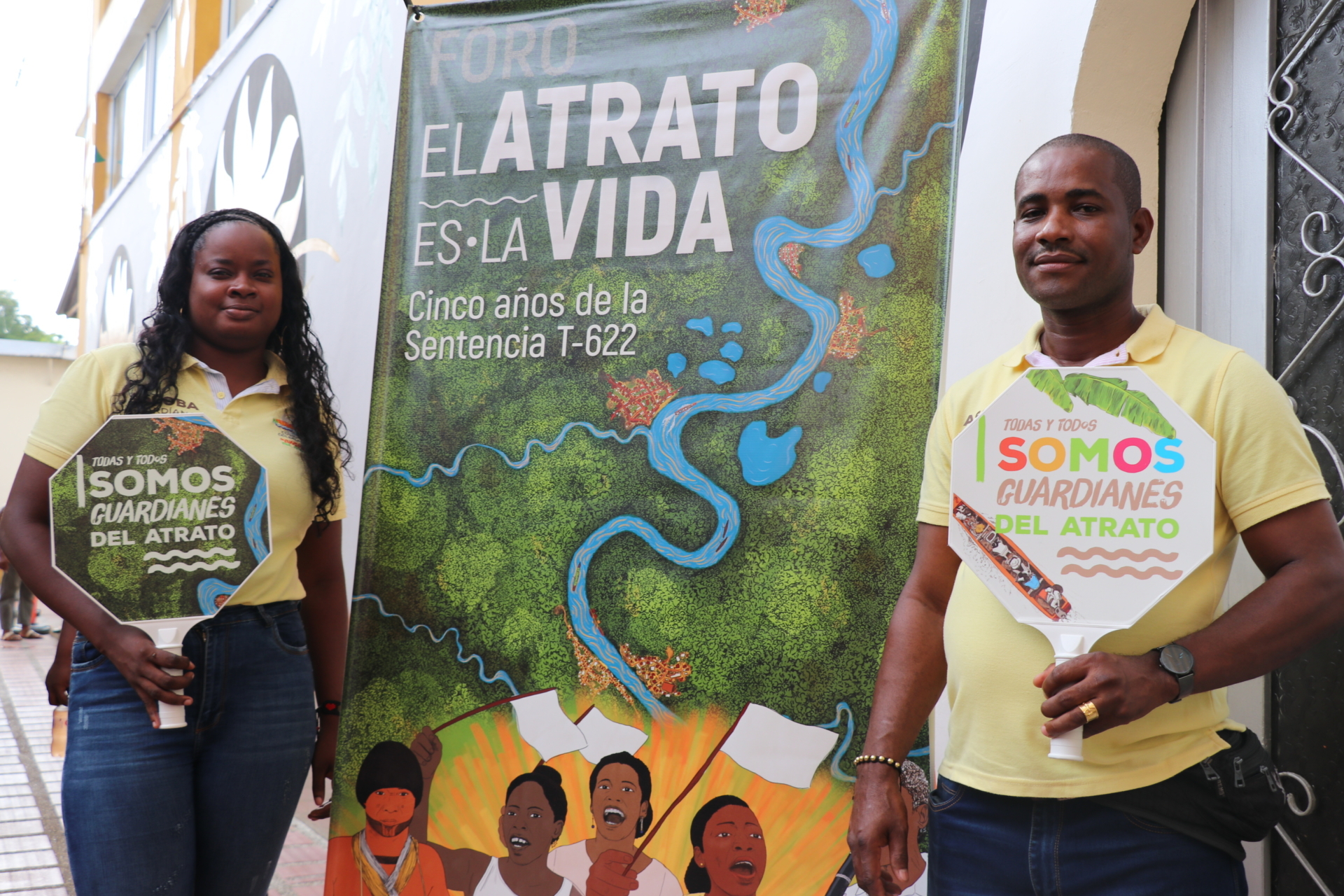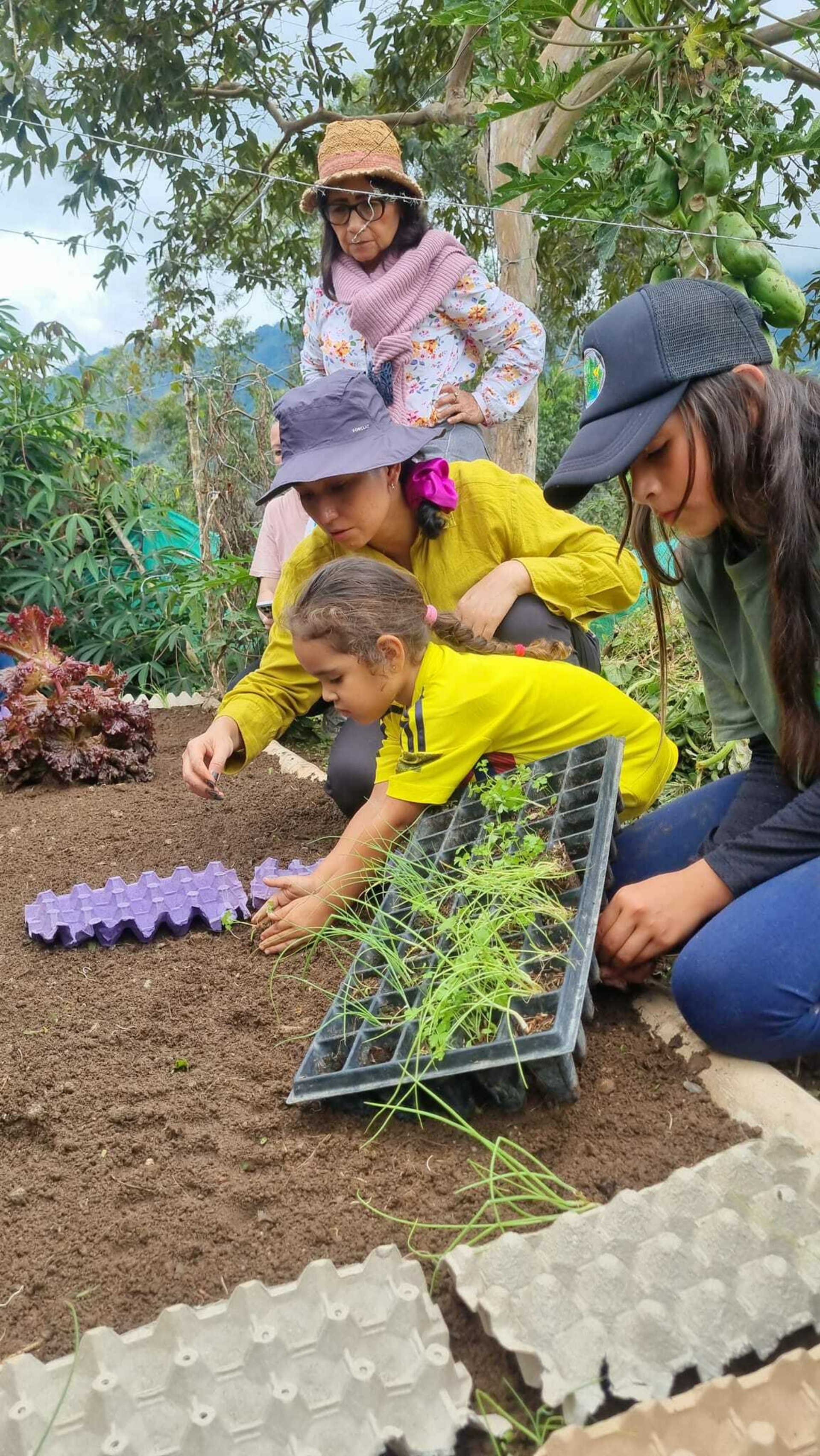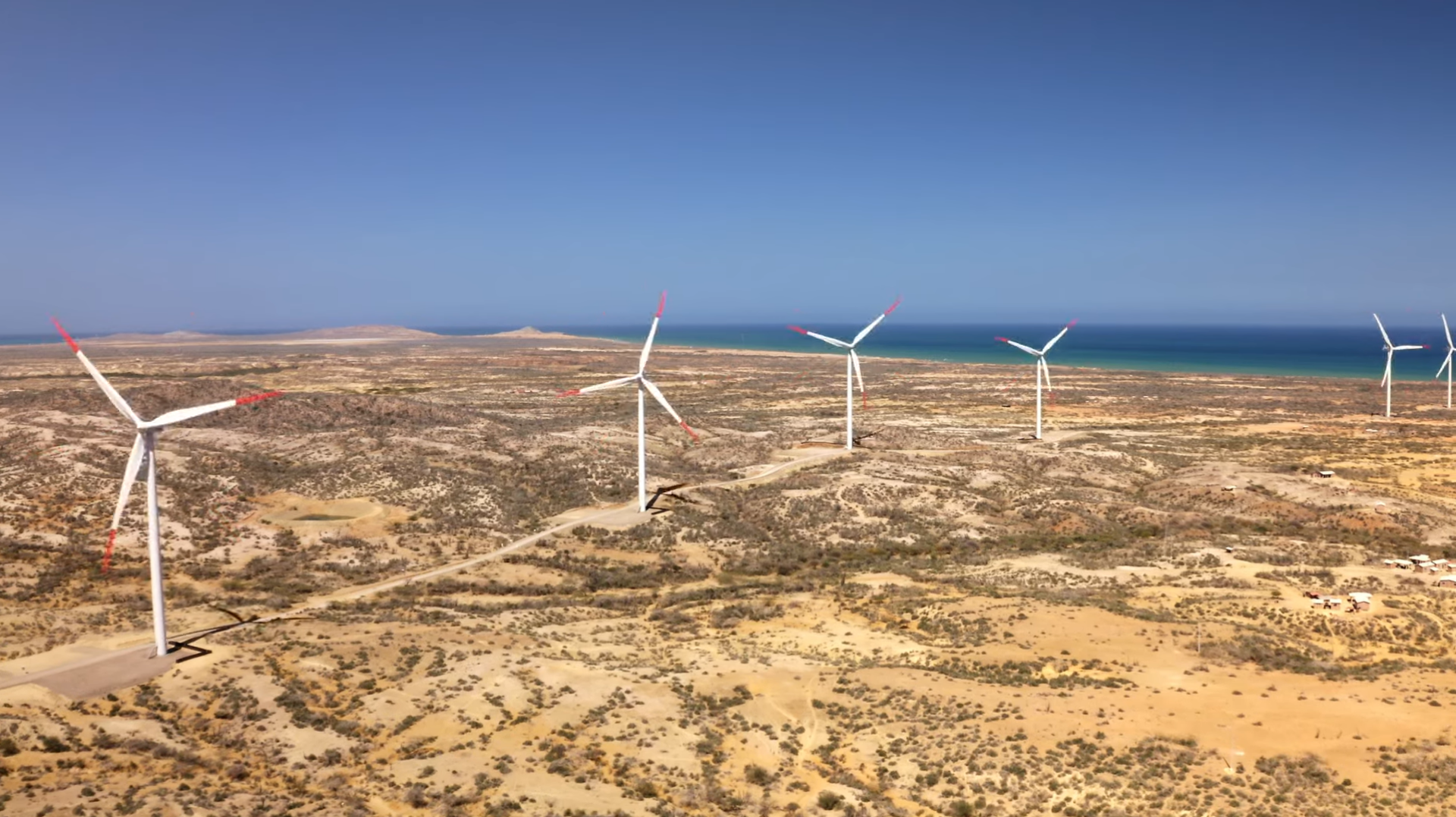Juana Velásquez is a clan chief of the Wayuu indigenous people. In the following video learn about the achievements and obstacles in the protection and conservation of the ancestral territory in accordance with their uses and traditions:
Faced with this scenario and in recognition of the necessary centrality that a human rights approach must include, the NHRF celebrates the fact that on 20 August, local communities, ethnic peoples and civil society organisations in Colombia delivered the Manaus Declaration on Human Rights in the Climate Emergency to the Inter-American Court of Human Rights (IACHR). This urges the IACHR Court to adopt minimum standards of human rights protection in the context of the climate emergency, collected during the period of public hearings of the Advisory Opinion on the subject, in order to establish an interpretative framework that clarifies state obligations and corporate responsibilities in accordance with the relevant norms.
Partners such as the Organización Indígena Kankuama, the Colectivo de Abogados José Alvear Restrepo - CAJAR and the strategic partner Centro de Estudios de Derecho, Justicia y Sociedad - Dejusticia are signatories to the Declaration. Both Business and Human Rights Information Centre and Dejusticia shared observations with the IACHR Court as amicus curiae.
The cases mentioned above illustrate the great efforts and diversity of actions that local communities, ethnic peoples and social organisations are promoting at local, regional, national and international levels to face the challenges of the climate crisis. They represent fundamental contributions to the care and protection of forests and biodiversity, the construction of intercultural dialogues, the strengthening of capacities and knowledge on environmental sustainability, and improvement proposals for the development of agricultural and productive activities. They also reveal the need for a change of paradigms, of modes of production and consumption, of perspectives and practices that transcend the commodification of nature and give rise to other ways of understanding, feeling and co-existing socially and with nature. Moreover, they highlight the importance of the knowledge and initiatives of ethnic peoples, peasant communities, and many social organisations in the country, in terms of mitigation, adaptation and resilience strategies. They are guardians of life, nature, territories and human rights, despite the fact that this work constantly puts them at risk and threatens them.
From the perspective of the civil society organisations supported by the NHRF, it is clear that facing the climate crisis in Colombia implies assuming a strong commitment to territorial peace building, advancing in the implementation of the Final Peace Agreement, ensuring the transversality of the human rights approach in its addressing, the articulation of public policies, and the effective implementation of the Escazú Agreement, among other important efforts. Correspondence from States, corporations and actors with greater responsibility for contributing to the current climate crisis is fundamental, in compliance with international agreements, and in coherence with climate justice, which is firmly linked to social and environmental justice.
We hope that COP16 has been an opportunity to address the protection and conservation of biodiversity in a comprehensive manner, from the perspectives of ethnic peoples and local communities, as well as to prioritize the protection of environmental defenders. Based on this, concrete and ambitious action plans can be defined, with the necessary political will to guarantee their fulfilment, and thus safeguard life on planet earth.
---
Photo 1. Visit to the Indigenous Resguardo La María, in San José del Guaviare, Colombia. Credit: NHRF Germán Barrera
Photo 2. Visit to one of the deforested areas in San José del Guaviare in Colombia. Credit: NHRF Germán Barrera
Photograph 3. Accompanying the Resguardo Indígena Kankuamo on their walks to identify their territory. Credit: NHRF Marcela Ruiz
Photograph 4. Guardians of the Territory of the AMPII CANKE Association in walks through the territory in four communities Villanueva (Cofán), Kiwe Use' and Tierra Linda (Nasa), Resguardo San Marcelino (Kichwa). Credit: AMPII CANKE Association
Photo 5. Guardians of the Atrato River at the Atrato Fest. Credit: NHRF Marcela Ruiz
Photo 6. Exchange of knowledge with peasant women. Credit: CORAMBIENTE
Photo 7. Water Guardians strengthening their capacities on the Escazú Agreement. Credit: Weavers of Life of Putumayo.
Photo 8. Collective psychotherapeutic accompaniment to women in Cauca for the consolidation of territories in peace, with social justice and gender equity. Credit: COMUNITAR
Photo 9. Wind farms in La Guajira. Credit: NHRF

